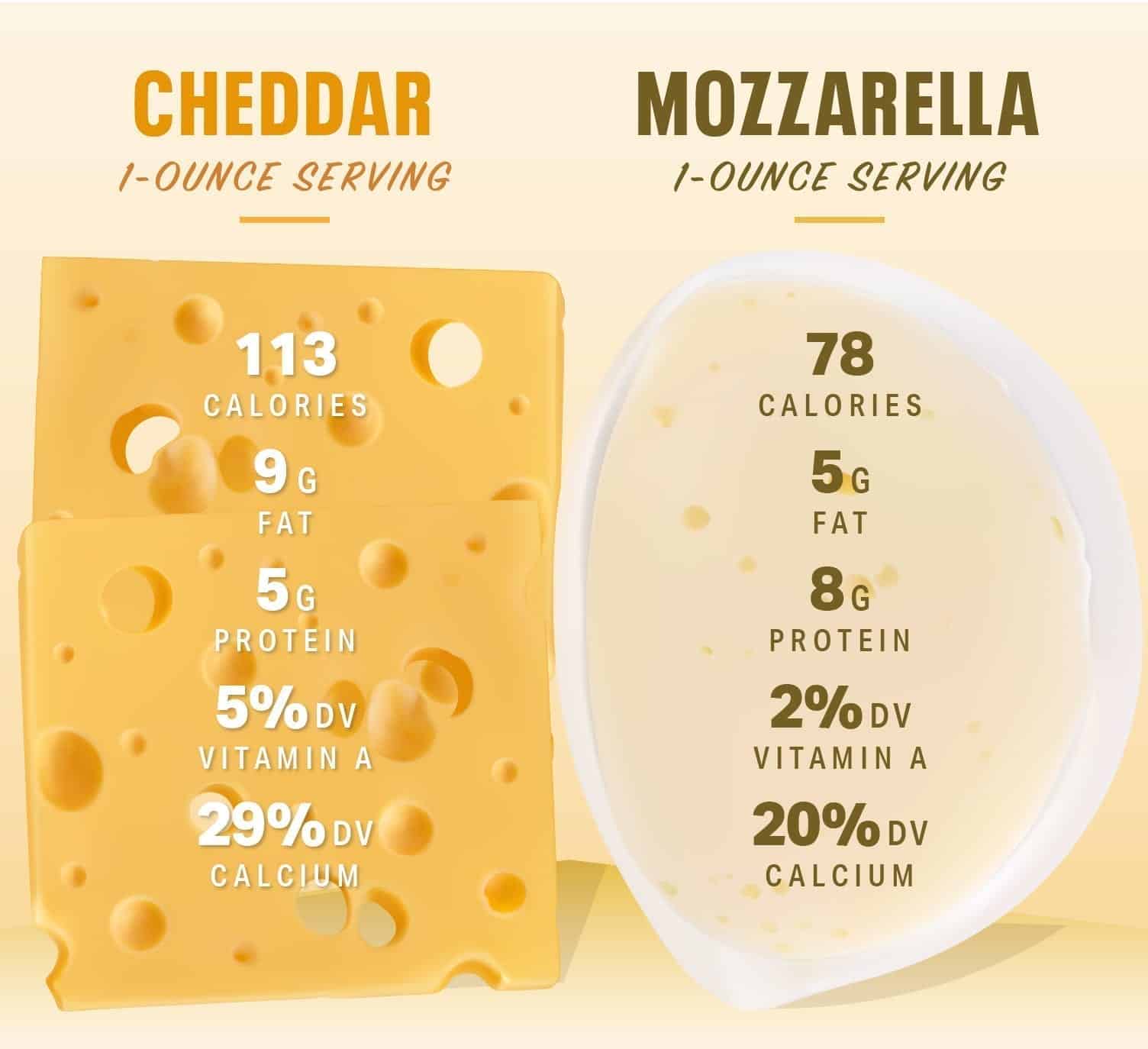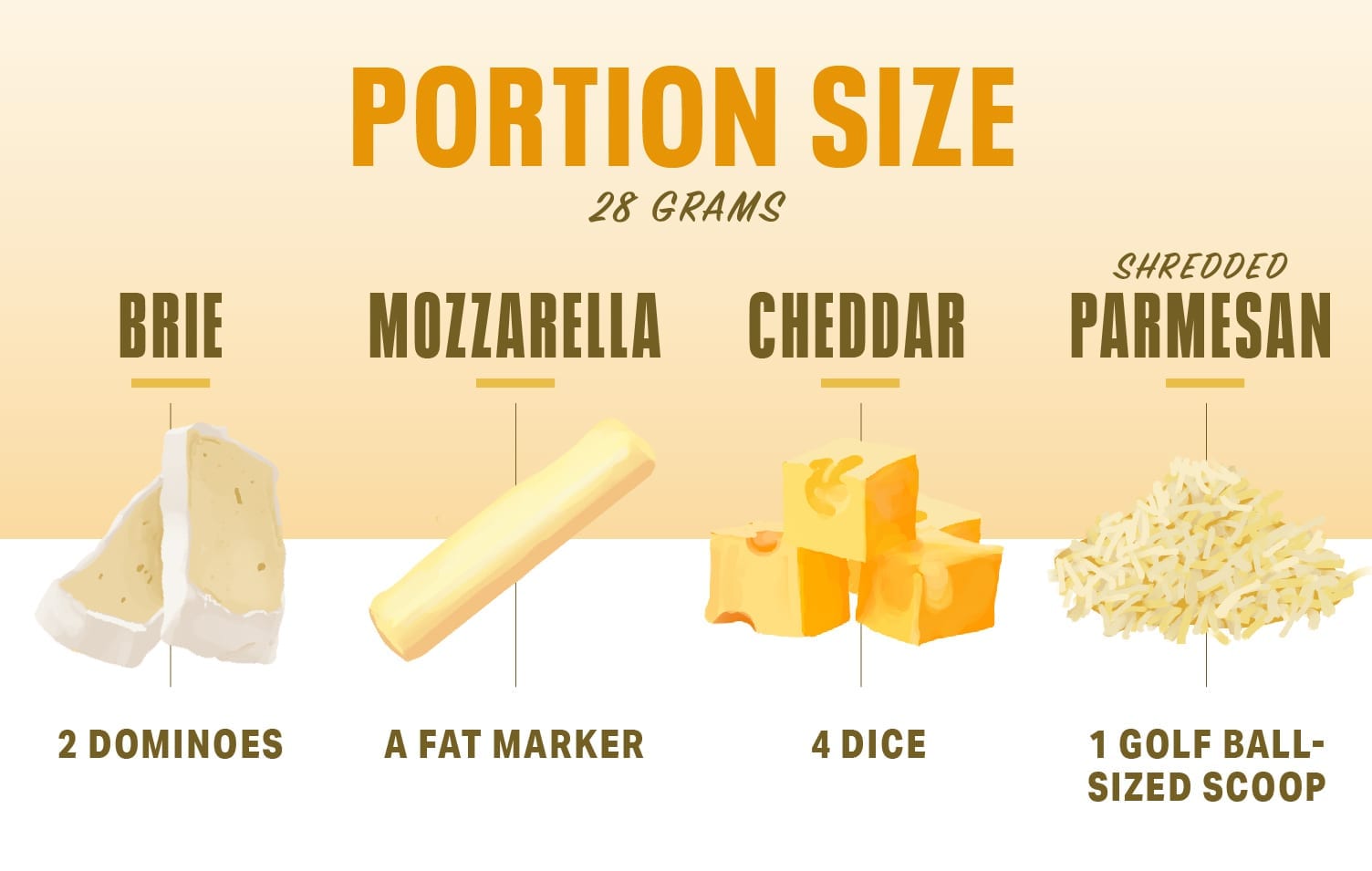Many fad diets tend to restrict entire food groups such as carbs. We’ve covered the health aspects of bread, rice and pasta, and agree that, on balance, they are delicious, nutritious and not at all “bad” as their reputation as carbohydrates tends to label them.
The same goes for oft-maligned dairy products such as ice cream. If you’re wondering about cheese, spoiler alert: It can also be part of a well-balanced diet. Here’s why:

Cheese is a good source of calcium and can play an important role in maintaining strong, healthy bones. Cheese is also a good source of vitamins A and B12, zinc and magnesium. The presence of both protein and healthy fat helps make cheese a satiating component of a meal or snack, and can also help prevent spikes in blood sugar.
Cheeses with higher water content, such as goat, mozzarella and feta, contain slightly fewer calories and fat than harder cheeses, such as cheddar. Many cheeses tend to be higher in sodium and saturated fat, which is important to keep in mind for those with high blood pressure or cholesterol. Cheese may cause discomfort in those with lactose intolerance; however, harder cheeses, like cheddar and Parmesan, contain less lactose and may be tolerated better than soft cheeses.
Cheese is an energy-dense, flavorful food — and a little goes a long way when creating satisfying meals and snacks. For example, try sprinkling Parmesan cheese on pasta or shredded cheese on tacos; use thinly sliced fresh mozzarella on homemade pizzas or crumble some goat cheese on top of your favorite salad. Snacking on a string cheese with a piece of fruit is also much more satiating and protein-packed than fruit alone.
An ounce (28 grams) of cheese is the recommended portion size. Here’s what that looks like:

Try not to give in to the diet culture mindset of judging foods as “good” or “bad”, and instead think of how much more filling and nutrient-dense your meal may become. Not only is the fat in cheese satiating, which lessens the likelihood you will overeat later in the day, but it also helps the body absorb fat-soluble vitamins A, D, E and K. Dietary patterns as a whole matter much more when it comes to long-term health than any one food.
Discover hundreds of healthy recipes — from high protein to low carb — via “Recipe Discovery” in the MyFitnessPal app. Save your favorites and log directly to your diary.




